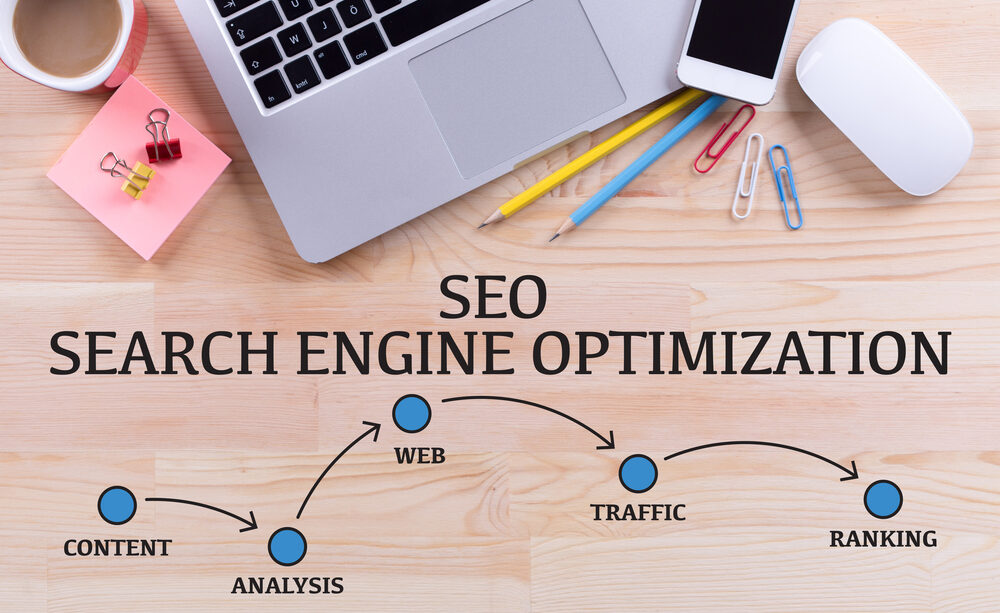The SEO Conundrum: Navigating the Shifting Sands of Google’s Algorithms
SEO has long stood as a cornerstone, a seemingly immovable force in a sea of change. Yet, recent developments and statements from Google have shaken the foundations of what we thought we knew about SEO. As one of the leading marketing strategists, it’s time to address the elephant in the room: the increasing inaccuracies of Google’s algorithms and the consequent impact on SEO performance. Let’s dive into the depths of this controversy and explore the alternatives in these intricate settings.
The Google Paradox: Promises vs. Reality
Google has long maintained that it doesn’t “read” articles in the way humans do. Instead, it uses complex algorithms designed to reward high-quality content that serves the searcher’s intent. However, as many marketers have observed, the reality often doesn’t match the promise. Discrepancies in rankings, the unpredictable impact of updates, and the seemingly capricious nature of SERPs have led to a growing mistrust in the system. The question then arises: if Google isn’t accurately assessing content, what does this mean for SEO?
The Inaccuracy Issue: How It Affects SEO Performance
As Google’s algorithms become more enigmatic, your SEO performance might feel like it’s at the mercy of an inscrutable judge. Pages you’ve optimized meticulously might not perform as expected, while others, seemingly less polished, rank surprisingly high. This inconsistency isn’t just frustrating; it’s detrimental to the strategic planning and execution of SEO. If the rules of the game are unclear and ever-changing, how can you play to win?
The Rise of ‘Pay to Play’: Google Ads Taking Center Stage
In the midst of this uncertainty, one trend is becoming glaringly apparent: the push towards paid advertising. As organic visibility becomes harder to achieve, Google Ads emerge as the more reliable, albeit costly, alternative. The ‘pay to play’ model ensures visibility, but at what cost? For many businesses, especially smaller ones with limited budgets, this shift could mean the difference between visibility and obscurity. Is this the future of online marketing, where only the highest bidder gets seen?
Alternatives to Traditional SEO: Exploring New Horizons
As the perspectives shift, it’s time to look beyond traditional SEO and consider alternative strategies. Here are a few avenues worth exploring:
- Content Diversification: Don’t put all your eggs in the SEO basket. Invest in creating diverse content across various platforms, from videos and podcasts to infographics and guest articles on reputable sites.
- Social Media Engagement: Platforms like LinkedIn, Twitter, and Instagram offer ways to reach your audience directly. A strong social media presence can drive traffic and create brand recognition independently of search engine rankings.
- Community Building: Create and nurture an online community around your brand. Engaged communities lead to direct traffic, repeat customers, and authentic word-of-mouth marketing.
- Voice Search Optimization: As voice assistants become more prevalent, optimizing for voice search is an emerging frontier with significant potential.
- Email Marketing: It’s an oldie but a goodie. A robust email marketing strategy can provide a direct line to your audience, unaffected by the whims of search algorithms.
The world of SEO is in a state of flux, with the growing inaccuracies of Google’s algorithms and the push towards a ‘pay to play’ model through Google Ads. As marketing professionals, we must adapt to these changes, diversifying our strategies and exploring new avenues for visibility and engagement. The future of SEO may be uncertain, but one thing is clear: flexibility, creativity, and a willingness to explore alternatives will be key to navigating this new outlook. Let’s not be passive observers of change; let’s be the architects of our digital destiny.



